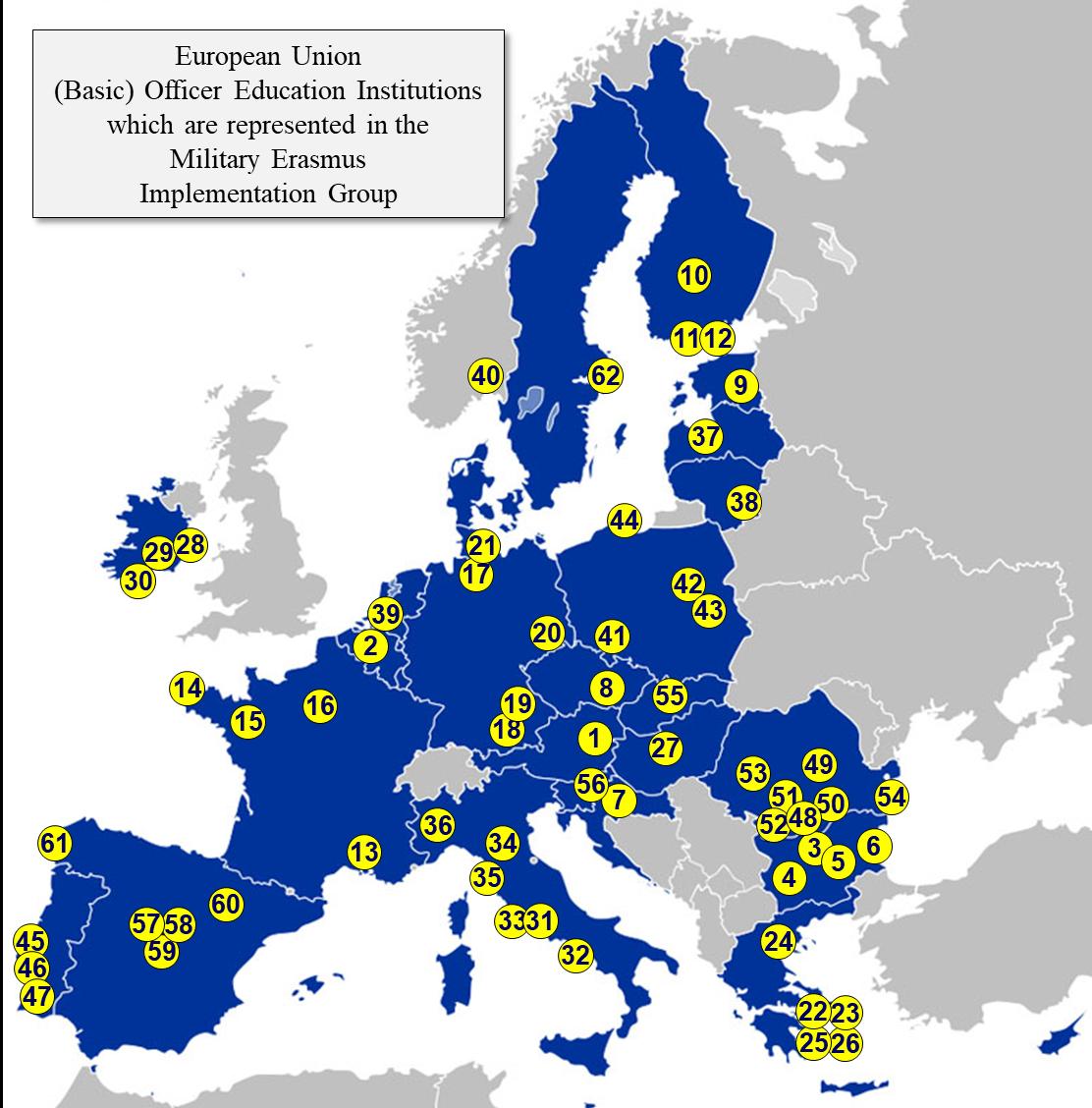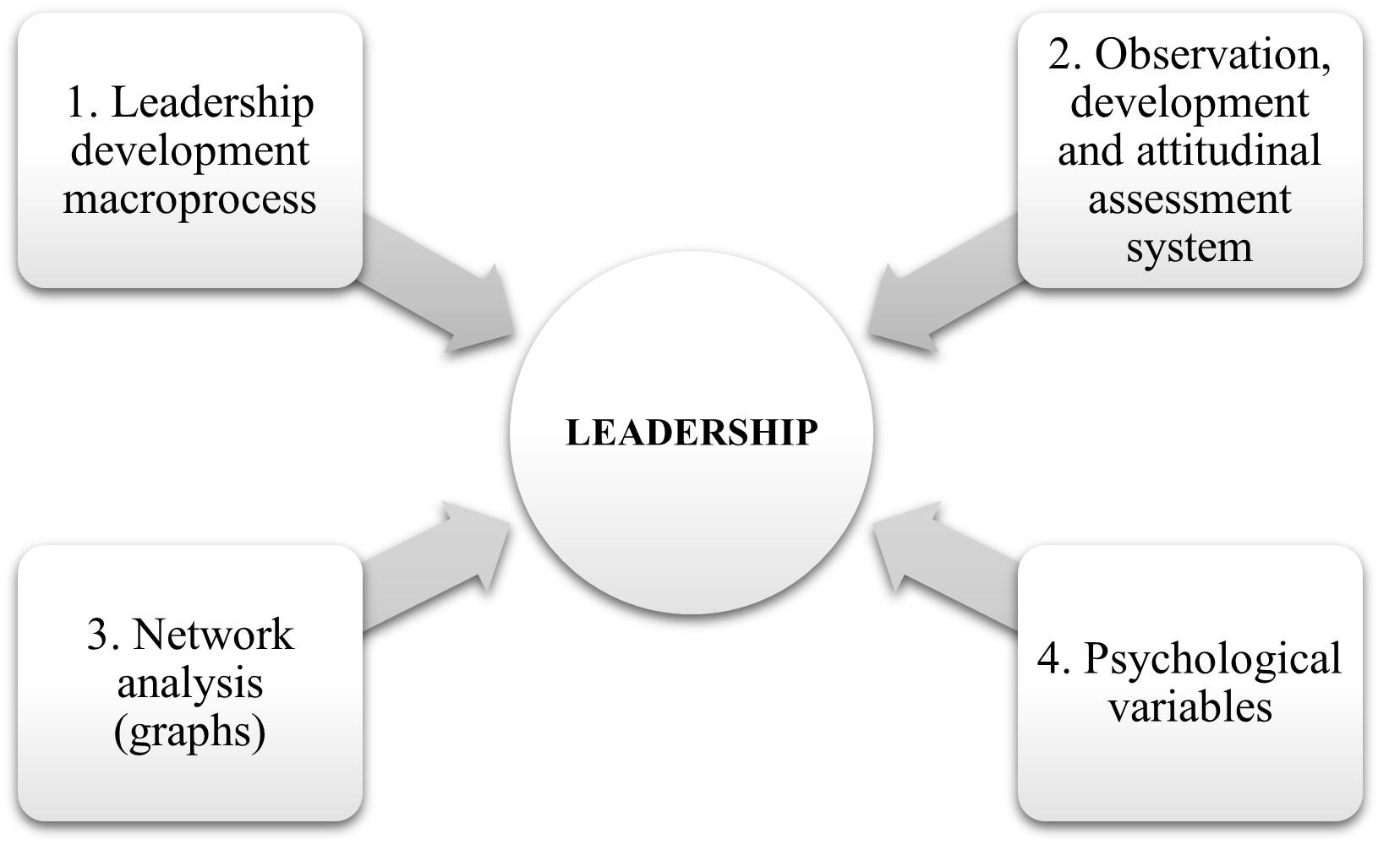Journal of Peace and War Studies, ISOMA Special Edition (October 2021): 131–141
New Directions in Intelligence Education Robert J. VandenBerg, Mark W. Perry, and Aleia F. Manning Abstract: Although several colleges and universities have established academic programs in intelligence studies and there is an extensive literature on intelligence education, the field remains constrained by an overly narrow understanding of what intelligence is and the range of problems to which it should be applied. We argue that intelligence should be understood as a flexible profession that supports decision-making through forecasting, and that intelligence educators should accordingly prepare students for a wide variety of roles that fall outside the traditional intelligence domain. In doing so, we review the intelligence education literature, identifying several key areas that remain undefined or where a clear consensus has yet to emerge; for example, the extent to which academic intelligence programs should seek to replicate the technical training provided by intelligence services. Furthermore, we identify criminal intelligence, medical intelligence, commercial intelligence, and—especially—information operations as areas in which intelligence educators should invest going forward. Keywords: Intelligence Education; Intelligence Studies; Intelligence Training; Information Operations; Information Science; Information Warfare.
Introduction The U.S. military defines intelligence primarily as “the product resulting from the collection, processing, integration, evaluation, analysis, and interpretation of available information concerning foreign nations, hostile or potentially hostile forces or elements, or areas of actual or potential operations.”1 This definition is conservative, in that it associates the practice of intelligence mainly with warfare and with foreign countries. In and of itself, this is understandable, given that intelligence has historically evolved as an extension of statecraft and military operations. Nevertheless, this common understanding of intelligence is increasingly outdated, and it fails to account for how much more diverse the intelligence field has become in response to advances in information technology. Therefore, we argue that effectively preparing students to excel in the intelligence field in the twenty-first century requires a significantly broader perspective on what intelligence is and what functions it serves. As the world evolves toward a globally integrated information society, the practice of intelligence is becoming central to a wide variety of governmental and extra-governmental functions that fall outside the scope of the traditional Intelligence Community (IC). As numerous scholars attest, the emergence of networked computer technology, in conjunction with rapid globalization, has given rise to a world order characterized by cross-national economic, political, and social integration, near-instantaneous communication, global supply chains, and rapid evolution of both cultural and technological forms. This in
© 2021 John and Mary Frances Patton Peace and War Center, Norwich University ISSN 2641-841X (print), ISSN 2641-8428 (online)











